
This is to notify you that our website needs cookies for it's full functionality and your best user experience.

14/07/2025

Explore why July 15th is celebrated as Education Development Day in Tamil Nadu and how Kamarajar’s revolutionary vision transformed the education system forever.
Introduction
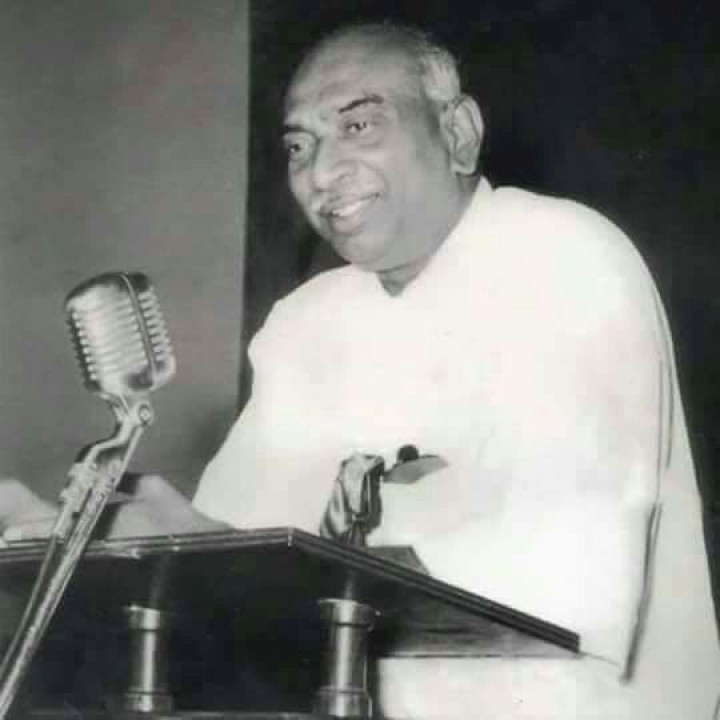
Every year on July 15th, Tamil Nadu comes together to celebrate Education Development Day, a tribute to the visionary leader Kumaraswami Kamaraj, who redefined the landscape of education in the state. Born in 1903 in Virudhunagar, Kamarajar rose from a humble background to become one of India's most respected political figures. But what truly made him a legend was his unwavering commitment to the cause of public education. At a time when education was a luxury for the privileged, he dared to dream of a future where every child—regardless of caste, class, or gender—could access quality schooling. This day is not merely a remembrance of his birth; it is a celebration of his mission, his values, and the seeds of knowledge he sowed across Tamil Nadu, many of which continue to bear fruit even today.
The Visionary Behind the Mid-Day Meal Scheme
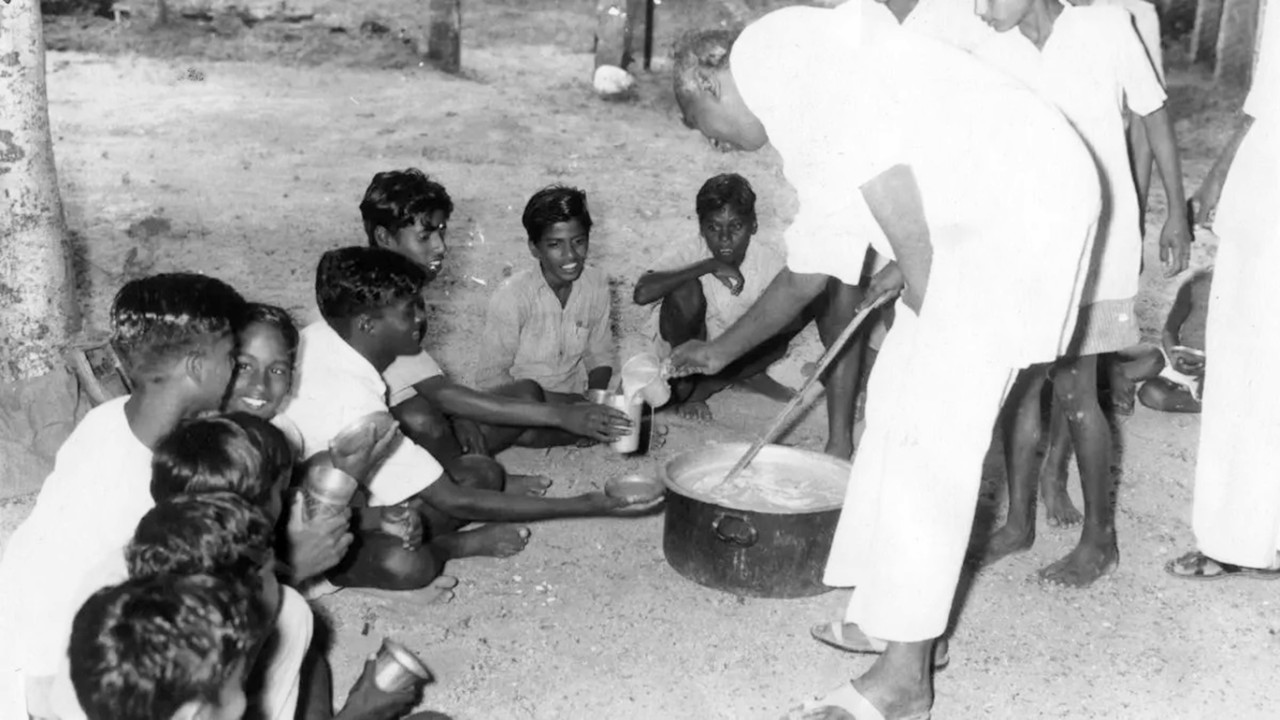
Perhaps Kamarajar’s most iconic and revolutionary contribution was the introduction of the mid-day meal scheme—a simple idea with profound impact. During the 1950s and 60s, Tamil Nadu was plagued by widespread poverty. Many children, especially in rural and economically backward areas, were forced to skip school because their families couldn’t afford to feed them. Kamarajar identified hunger as one of the biggest roadblocks to education and implemented the mid-day meal scheme to ensure that no child had to choose between food and learning. This initiative not only increased school enrollment but also reduced dropout rates drastically. It became a beacon of hope, attracting lakhs of children to classrooms. The concept was so successful that it later inspired a nationwide policy. Today, the mid-day meal scheme is hailed globally as a model for improving child nutrition and education. But its roots trace back to the selfless foresight of one man who believed that every child deserves the right to learn with dignity and a full stomach.
Free Education for All: Breaking the Barriers
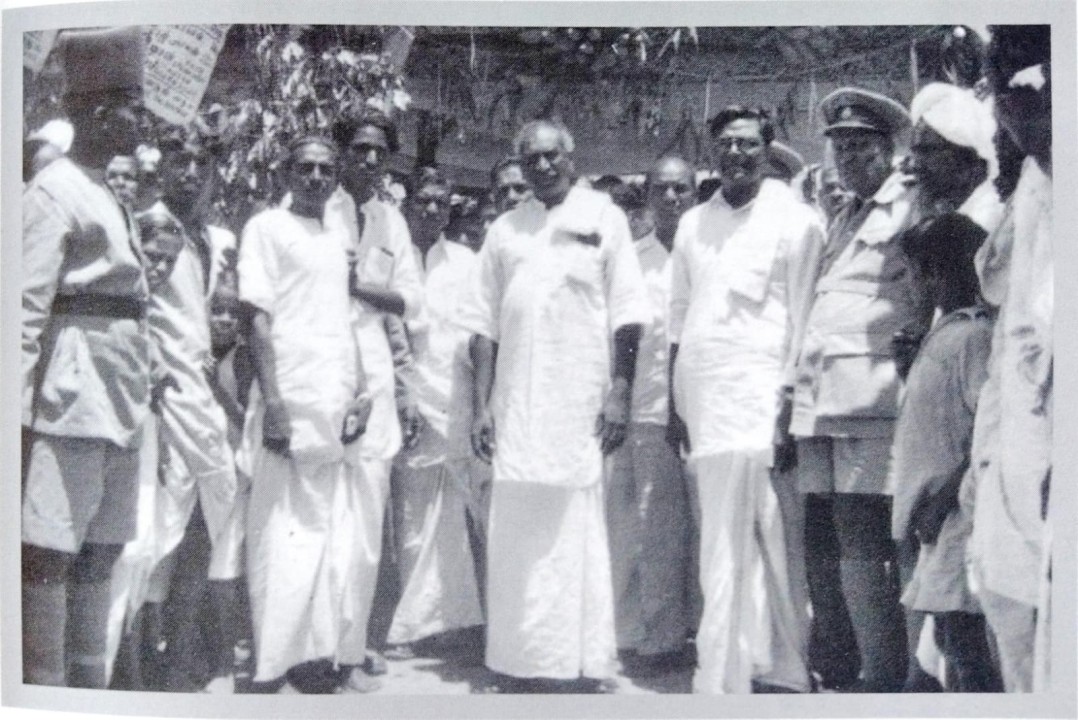
Kamarajar’s belief in equal access to education wasn’t just a political promise—it was a deeply personal mission. As someone who had to drop out of school due to poverty, he understood firsthand the pain of being denied education. When he became Chief Minister, he rolled out a series of bold reforms to ensure that no child would face the same fate he did. He abolished school fees, provided free uniforms, textbooks, and essentials, and removed social and economic barriers that kept children—especially girls and those from backward communities—away from schools. Under his leadership, education was no longer a privilege for the rich, but a fundamental right for all. His efforts empowered thousands of families to prioritize schooling over child labor. He brought classrooms closer to villages and ensured that teachers were trained and motivated to serve in rural areas. The impact was monumental: literacy rates rose, generational poverty started to shrink, and Tamil Nadu began its transformation into one of India’s most educationally progressive states. Kamarajar didn’t just open schools; he opened doors to a better future for millions.
Infrastructure and Teacher Expansion Across Tamil Nadu
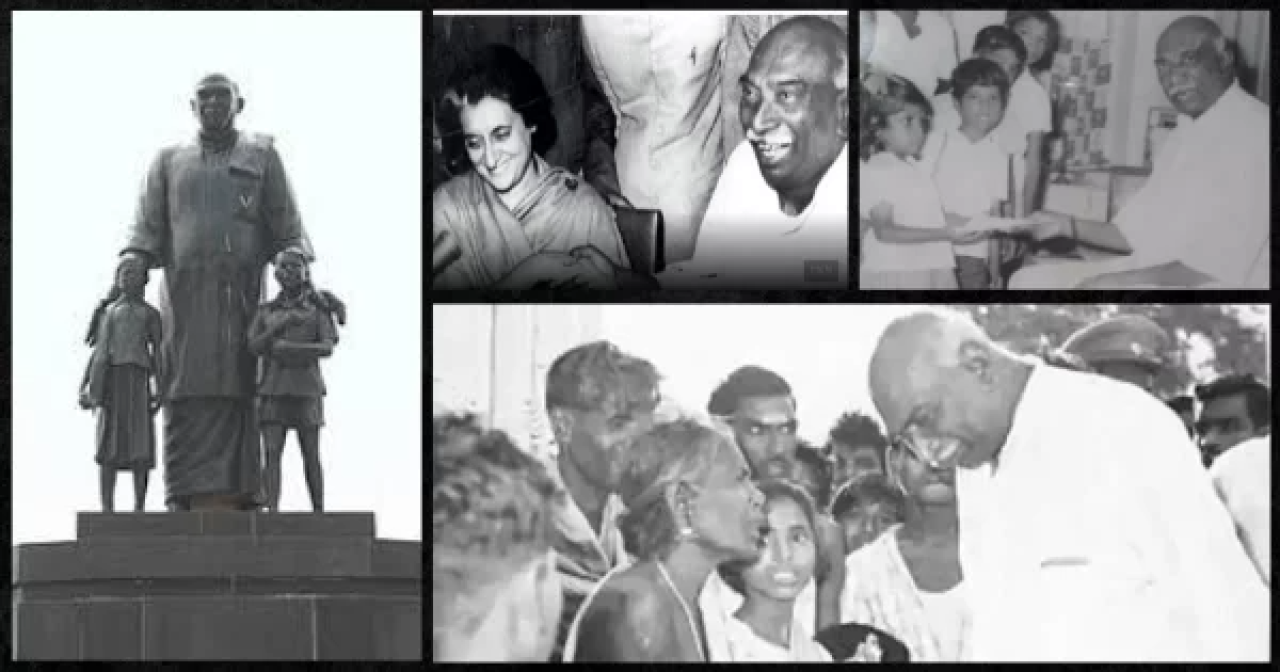
One of Kamarajar’s greatest strengths as a leader was his ground-level approach. He didn’t just stop with policies—he ensured their implementation reached even the most remote corners of the state. Under his leadership, over 12,000 schools were built in a span of just nine years, making education accessible in every village and town. His government launched a massive school infrastructure development program, building proper classrooms, toilets, and blackboards, ensuring a conducive environment for learning. But he knew buildings alone weren’t enough—teachers were the true foundation of education. So, he prioritized the recruitment and training of thousands of teachers, especially from rural backgrounds who understood the challenges of their communities. Teacher training centers were established to ensure quality education delivery, and salary structures were revised to retain talent. Kamarajar laid down a holistic vision: for education to thrive, both physical and human resources must grow together. His policies not only expanded access but also ensured the quality of learning did not suffer, making him a true architect of Tamil Nadu’s educational ecosystem.
A Leader Who Practiced What He Preached
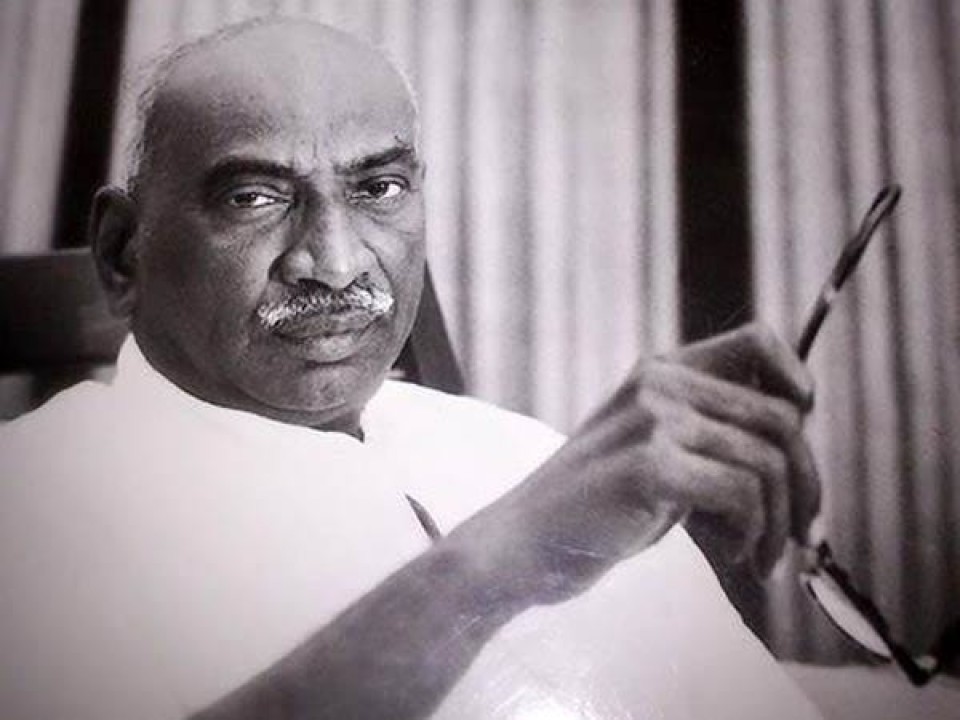
What set Kamarajar apart from many leaders of his time—and even today—was his unshakeable integrity and simplicity. He lived in a small house, wore khadi, had no personal wealth, and remained unmarried to dedicate his life to public service. He never used his political power for personal gain. In fact, after his death, all that remained in his name were a few sets of clothes, a pair of sandals, and unmatched public respect. This moral stature gave him immense credibility among the people. When he announced reforms, there was trust and belief because they knew he meant every word. His commitment to education wasn’t driven by political ambition or external pressure—it came from the heart. He visited schools unannounced to monitor their conditions, interacted with students and teachers regularly, and took feedback seriously. His humility allowed him to stay connected to the people, and his vision allowed him to rise above politics. In Kamarajar, Tamil Nadu didn’t just have a Chief Minister—it had a true people’s leader, whose every action reflected service and sincerity.
Why July 15th Matters: Celebrating a Legacy That Lives On
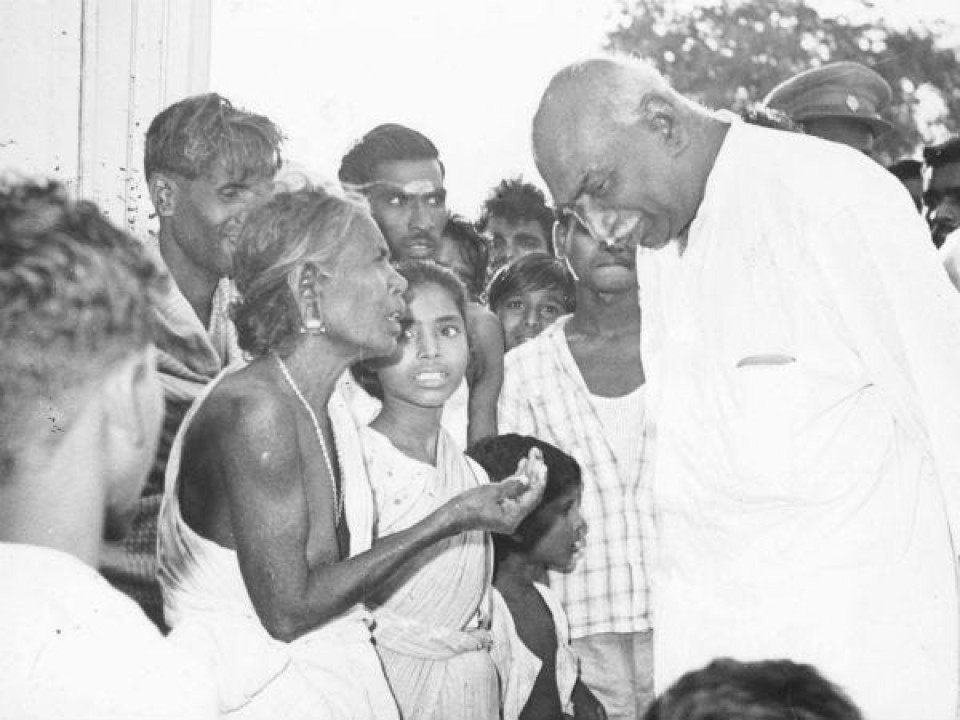
Recognizing the depth of his contribution, the Government of Tamil Nadu declared July 15th—Kamarajar’s birthday—as Education Development Day in 2006. This decision wasn’t just symbolic—it was educational, inspirational, and deeply necessary. On this day, schools across the state organize special programs, storytelling sessions, essay competitions, and cultural events to help children understand who Kamarajar was and why his values matter even today. His life serves as a reminder that change begins with conviction and that education is the most powerful tool of empowerment. The day also reignites awareness among policy-makers, educators, and society about the importance of inclusive education. In a world increasingly driven by materialism and competition, Kamarajar’s story reminds us that true greatness lies in lifting others. Celebrating July 15 is not just about remembering a leader; it's about recommitting ourselves to the cause he championed—making education accessible, meaningful, and universal.
Conclusion
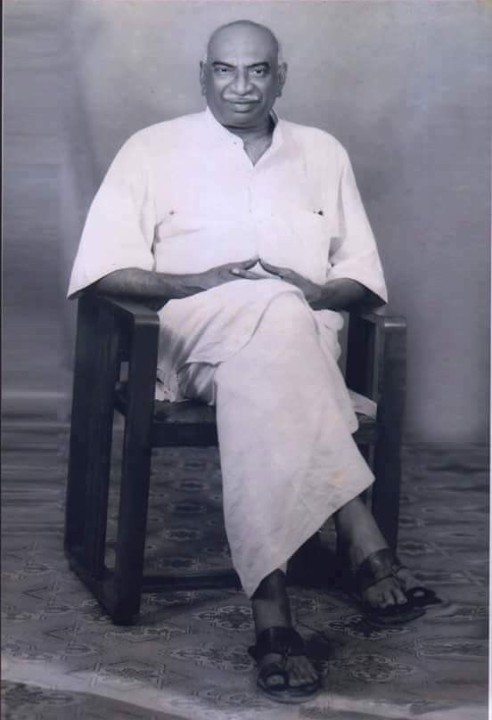
Kamarajar’s legacy is not carved in statues or buildings, but in the minds and hearts of millions of educated citizens. His vision for a literate and empowered Tamil Nadu transformed the very soul of the state, laying the foundation for its continued progress. Education Development Day on July 15 is a reminder that one man, armed with humility and conviction, can change the course of history. As we honor his birth every year, let us also honor his dreams by working to eliminate the remaining barriers to education. Let Kamarajar’s ideals continue to guide us toward a future where every child studies, dreams, and shines, regardless of their background.